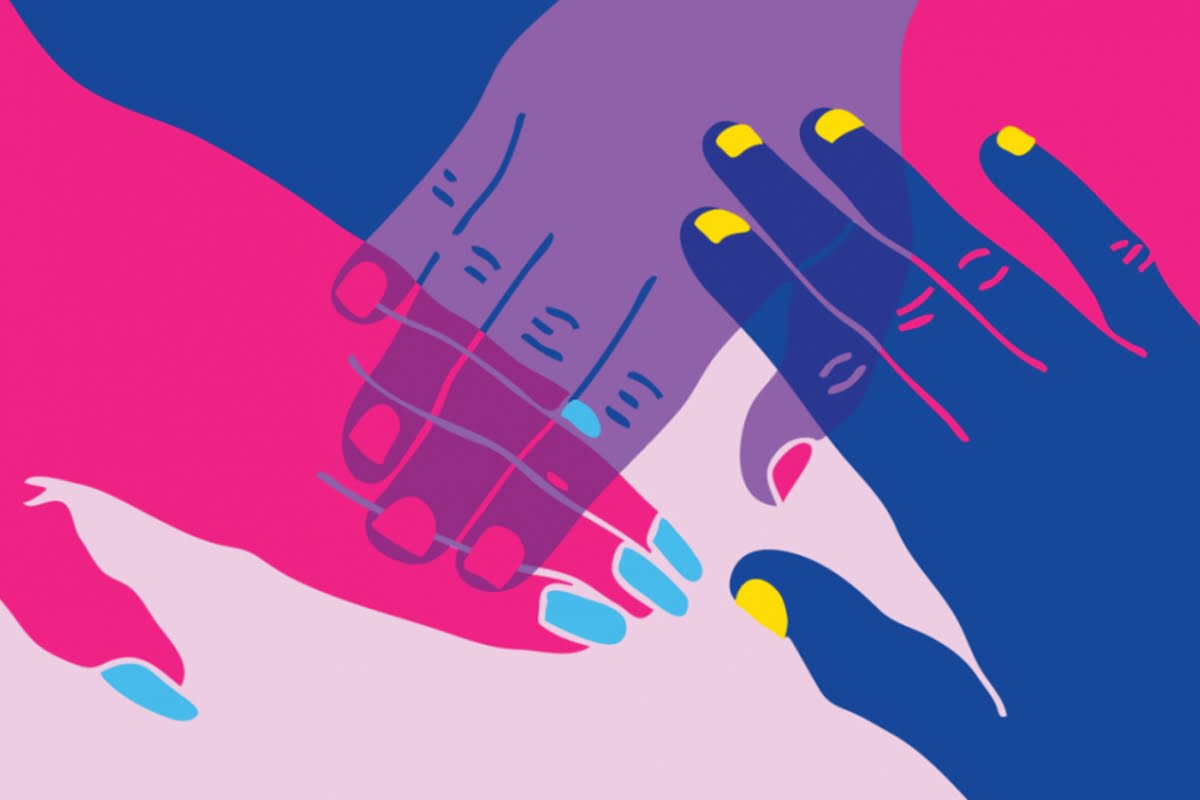A few years ago, while discussing Feminist Studies in one of my BA classrooms, someone pointed out, “What if everyone had bisexual tendencies?”. Since then I have not been able to buy out of that hypothesis. Attraction can be so transgressive; the line between ‘Do I like them?’ and ‘Do I want to be like them?’ is as fine as it is enduring.
Also read: Rung By Ali Sethi: Queering Art Through Music & Rainbow
This brought me to my most recent decision: Assuming everyone is queer. And it’s as radical a thought as it is obvious.
Obvious because if sexuality is a spectrum then queerness comprises all sexualities. Heterosexuality isn’t the default— it’s a section of this spectrum. I refuse to deign this imposed hierarchy, which does so many people so much harm, with an acknowledgement. What better way to subvert heteronormativity than by actively ignoring its pompous existence?
With this one small assumption, “coming out” ceases to exist as a potential event in my encounters with just about anyone. My presupposition already accommodates their sexual identity. Over time, they may choose to come out and select a corner/s of my box or travel anywhere in between.
Radical because with this one small assumption, “coming out” ceases to exist as a potential event in my encounters with just about anyone. My presupposition already accommodates their sexual identity. Over time, they may choose to come out and select a corner/s of my box or travel anywhere in between. Thus, my perception of them remains ‘stable’ while they can still disclose their identity to me however they wish or not at all. Essentially, anyone I meet can just be. I can just be. And if that isn’t a radical thought as any, I don’t know what is.
If the human condition is based on boxing our experiences, I’d rather create a bigger one. I can expand my limited box of perception. Assuming heterosexuality does not allow this. Queerness does.
If the human condition is based on boxing our experiences, I’d rather create a bigger one. I can expand my limited box of perception. Assuming heterosexuality does not allow this. Queerness does.
I can foresee how claiming to assume queerness guarantees generous flak both from queer communities and those outside of it. However, my intention is neither to erase the lived realities of queer folks nor to impose sexualities. For who am I to do that? That authority lies with the individual alone (although, unfortunately, it also lies with the law of the state and socio-cultural structures).
Also read: Is Nature Queer? — Challenging Normative Ideas Around Ecology
Instead, this thought is merely to prevent myself from accidentally gatekeeping anyone from the queer community. I see way too many people around me struggling to label their sexuality because they worry they are ‘not queer enough’, ‘not always straight’, or not ‘completely’ bisexual. I see them troubled over labels, arduously rejecting fluidity; the perceived liminality a burden rather than a liberating space of belonging. I believe this paradox of rejecting one’s identity, while simultaneously trying to figure it out, occurs due to a lack of an inclusive, all-encompassing term. And whether we like it or not, it is only human to make sense of our reality by labelling things. It provides a sense of stability in the same way language does. Therefore, if we must affix a label at all, linguistically, why not choose one that denotes a spectrum?
Additionally, this assumption allows people to explore their sexuality and accept that identity can also be a spectrum. An individual can be both biromantic and demisexual. They could be questioning. They could be bisexual today and pansexual in a few months. They could be anything they wished to be and still be themselves. That is where a broader, more inclusive assumption from others mitigates the confusion. If sexuality is a potent aspect of someone’s identity, why must we limit it to heterosexuality when they have not claimed it as such? If gender is fluid and cannot be assumed based on appearances, should sexuality not follow this natural suit?
With pride month over and the prompt (and unsurprising) disappearance of rainbow merchandise from online shopping websites, I continue to grapple with my cognitive attempts to make people around me feel safe enough to “step up and say who they are”. For I would like that for me too.
The ultimate objective of any movement is for it to become defunct eventually. So I dream that one day the fight for equal rights will just be a history lesson for humanity to have learnt from. Utopian as it sounds, one of the steps to realise this goal is to normalise queerness. Making it so implicit in our lives that it’s nothing more than it should be: a fact. It’s how we can fight heteronormativity and reclaim spaces. And the only way this can happen is if we make the Queer Discourse our problem and engage with it empathically.
Assuming queerness in the quotidian has changed how I view my world, including myself. At this juncture, this is my truth. Even if it’s uncomfortable at first, try it. It’s free(ing) and my life’s been comparatively uncomplicated since.
About the author(s)
Dipshikha completed her Masters in English in 2020 from The EFL University, Hyderabad. Her primary area of interest is the intersection of Queer Studies and Film Studies. She is currently enrolled in a film appreciation course at FTII, Pune and works as a researcher at Arth Early Learning Spaces, Kolkata.




